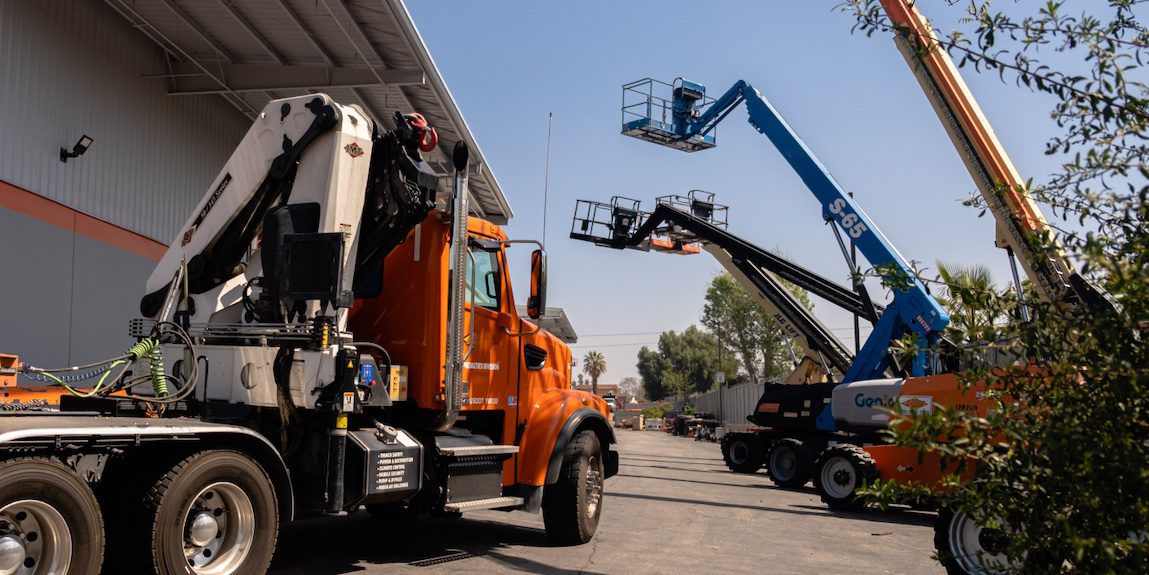

Fleet management entails the management of all assets across an organization, from buildings and machinery to commercial vehicles and equipment. By assuming responsibility for the management of assets and fleet vehicles, you will be able to integrate all the operational building blocks of your business, fostering greater efficiency and coherence.
Effective asset management can help you achieve your goals, reduce expenses, and increase daily efficiency.
A fleet manager’s main objective is to keep track of and take care of the assets in your fleet. A fleet manager will also create a comprehensive fleet management plan detailing how to efficiently and affordably operate, maintain, upgrade and dispose of your assets as needed.
In addition, fleet managers also play an important role in utilizing telematics to streamline a company’s business plan as a whole. This includes ensuring that the fleet operations strategy aligns with the business plan.
Fleet management refers to the process of optimizing the operation and maintenance of a company’s fleet of vehicles. This includes the vehicles used for on-road and off-road purposes, such as cars, trucks, vans, heavy machinery and different types of equipment.
The main goal of fleet management is to reduce operation and maintenance costs while maximizing safety, efficiency, productivity and overall fleet performance. To achieve this, fleet managers use various tools and techniques, including vehicle acquisition, vehicle tracking, fuel management, and driver behavior. A fleet management system is a critical part of many businesses, as it can impact everything from cost efficiency to customer satisfaction.

Fleet tracking is versatile, which is one of its key benefits. Though individual software or hardware components may be designed for particular applications, it is frequently possible for fleet operators to locate a solution that addresses their needs. GPS tracking systems are on the market for both large 18-wheeler fleets and smaller fleet businesses.
Some industries that benefit from GPS fleet tracking solutions include:
GPS fleet tracking is a valuable tool for businesses that must keep track of many assets at a time. It allows managers to monitor all aspects of fleet routing, maintenance, and safety from a single platform. This is especially beneficial for fleet management in construction where companies often have assets located over a large geographic area or across state or country lines.
Trackunit Manager enables you to effectively manage your fleet with a complete overview of every asset. You will always be aware of the location of machines and their current activity. Additionally, with our fleet management software, you can closely monitor every machine in your fleet, seeing the precise location of each one at any given moment.
Also, safety is now easier than ever to maintain. An innovative and user-friendly checklist builder lets you create checklists for your fleet. With the latest technology, you can perform the necessary safety and pre-inspection checks directly from your smartphone.
Trackunit Go helps you monitor your assets and schedule services. You can see active alarms and equipment uptime for both on-site and off-site locations. The intuitive map clusters show you which assets are working, moving, or stopped.
You can also see the distance to nearby equipment based on the user’s location and even get turn-by-turn navigation. Furthermore, Trackunit Go shows the distance to nearby equipment based on the user’s location and provides a turn-by-turn navigation option.
